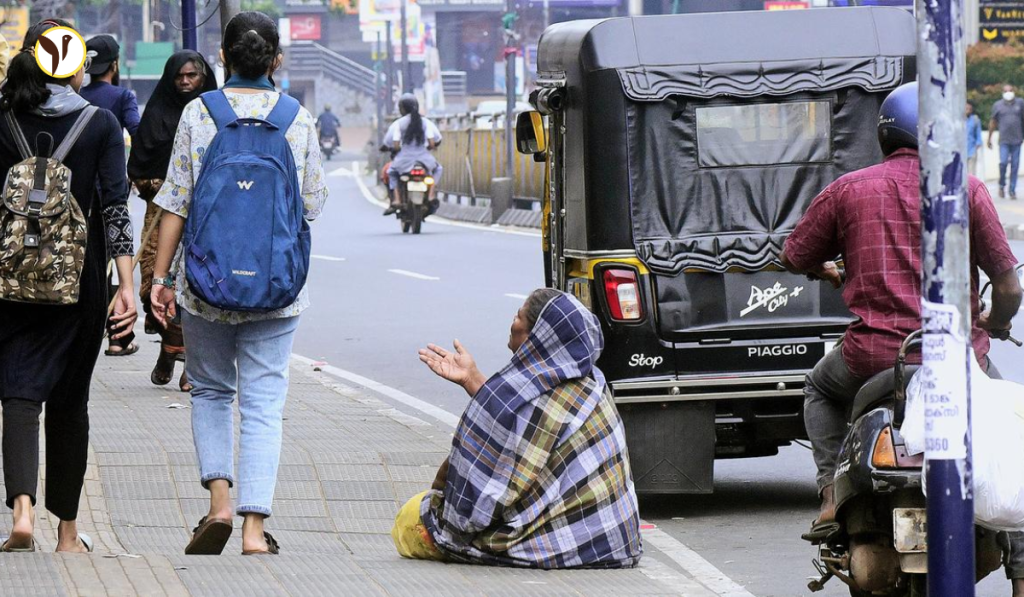Context:
Following the example of Indore, the Bhopal district administration has imposed a ban on begging, giving alms and purchasing any goods from beggars.
More on the News
The ban is part of efforts to reduce begging and offer solutions for displaced beggars.
The District Collector passed the order under Section 163 of the Bhartiya Nagrik Suraksha Sahita (BNSS), 2023.
- Section 163 gives officials including the district magistrate, sub-divisional magistrate or any other executive magistrate, the power to issue an order in urgent cases of ‘nuisance or apprehended danger’.
The order also stated that those who violate the regulations will also be prosecuted under Section 223 of the Bharatiya Nyaya Sanhita (BNS).
- This section punishes those disobeying an order announced by a public servant, who is lawfully empowered to do so.
Indore has already implemented a similar ban earlier, including FIRs (First Information Reports) against violators.
- As per Census 2011, there are 4,13,670 beggars and vagrants in the country.
Legal Provisions Related to Beggary
- The Constitution allows both Union and State Governments to be the authority to legislate on vagrancy and destitution-related matters under the Concurrent List (List III, Entry 15).
- 9th entry of the State list in the Seventh Schedule – “Relief of the disabled and unemployable” has been described as the state subject, and can be used by states to take initiative for beggars.
- There’s no national law on begging however many states have enacted their own laws, most of them based on the Bombay Prevention of Begging Act, 1959.
Bombay Prevention of Begging Act, 1959
It was the first law against begging in independent India and it had roots in colonial-era laws against vagrants (homeless or wandering people) in different regions.
- Some of these earlier laws include the Bengal Vagrancy Act (1943) and the Cochin Vagrancy Act (1945).
The main goal of the Act was to keep the streets clear of beggars, leprosy patients, and people with mental illnesses by sending them to institutions.
Section 10 of the Act gave the Chief Commissioner the power to order the detention of “incurably helpless beggars” in certified institutions.
Under the Act, the police can arrest people who don’t have any visible means of income or subsistence, leading to frequent detentions of homeless individuals.
The punishment for being detained under this Act can be up to 10 years.
Judicial Pronouncements on Beggary
- The Delhi High Court in 2018 struck down certain provisions of the Bombay Act as “manifestly arbitrary” and in violation of Article 21, which guarantees the right to live with dignity.
- In July 2021, the Supreme Court refused a PIL seeking to remove beggars from public spaces, stating it would not adopt an “elitist view” to ban begging, which is a socio-economic problem.
Welfare Initiatives for Beggars
SMILE Scheme: Launched in 2022 by the Ministry of Social Justice and Empowerment (MoSJE), the Support for Marginalised Individuals for Livelihood and Enterprise (SMILE) scheme aims to rehabilitate beggars by offering healthcare, education, and skills training.
- By 2024, 970 beggars (including 352 children) have been rehabilitated under this scheme.
In 2020, the MoSJE proposed to make ten cities including Mumbai part of its campaign to focus on rehabilitation rather than criminalising begging.
The Mental Healthcare Act of 2017 has some provisions for caring for detainees with mental illness who are homeless or found wandering in the community.

